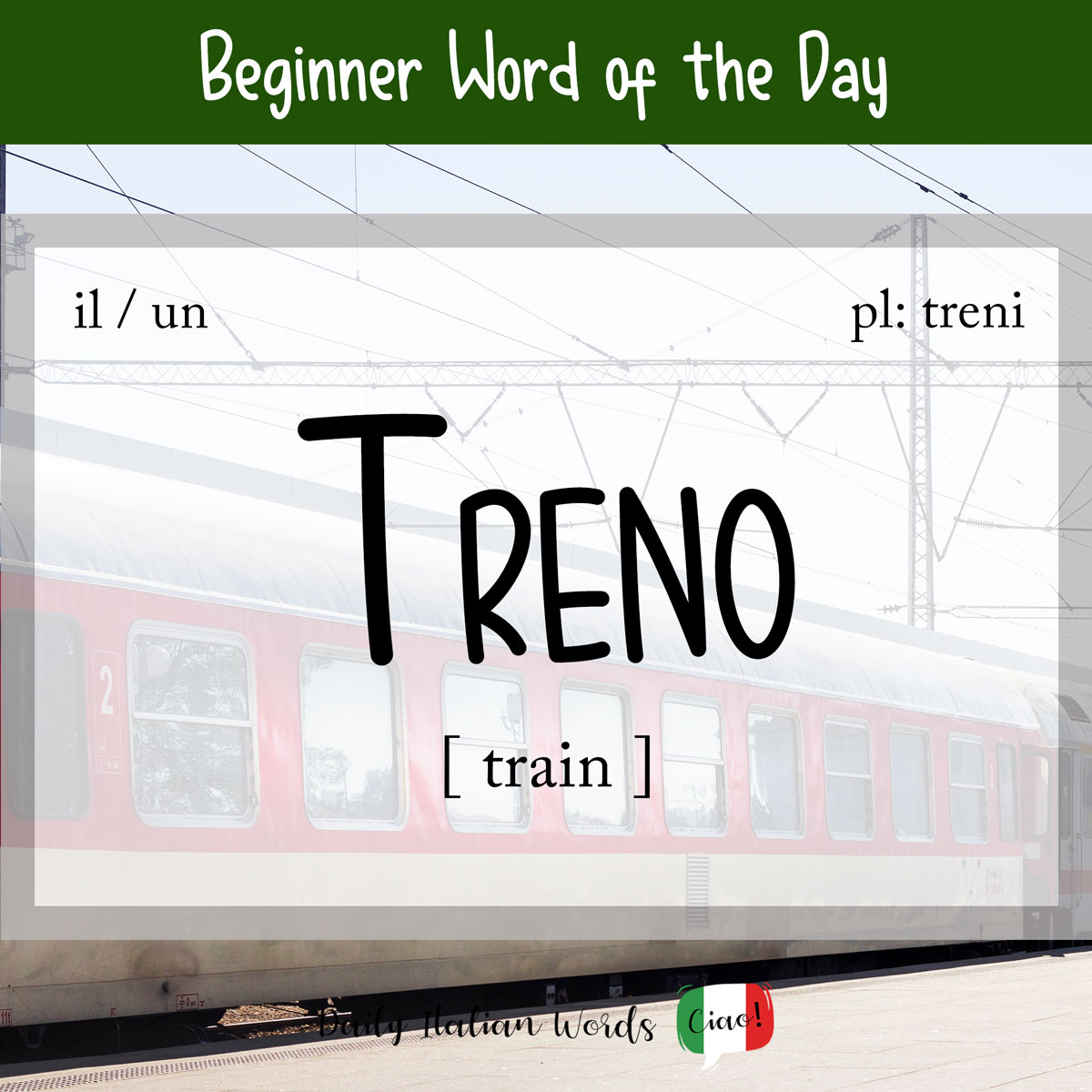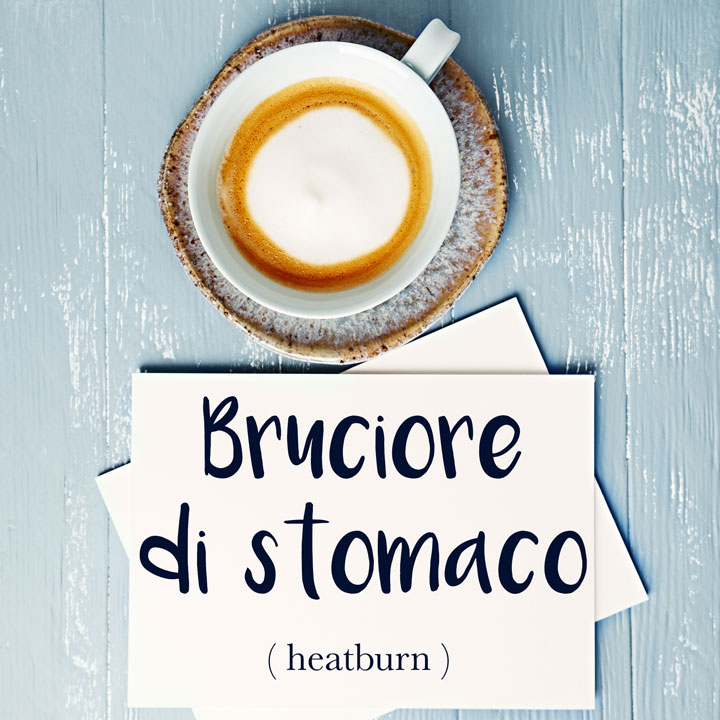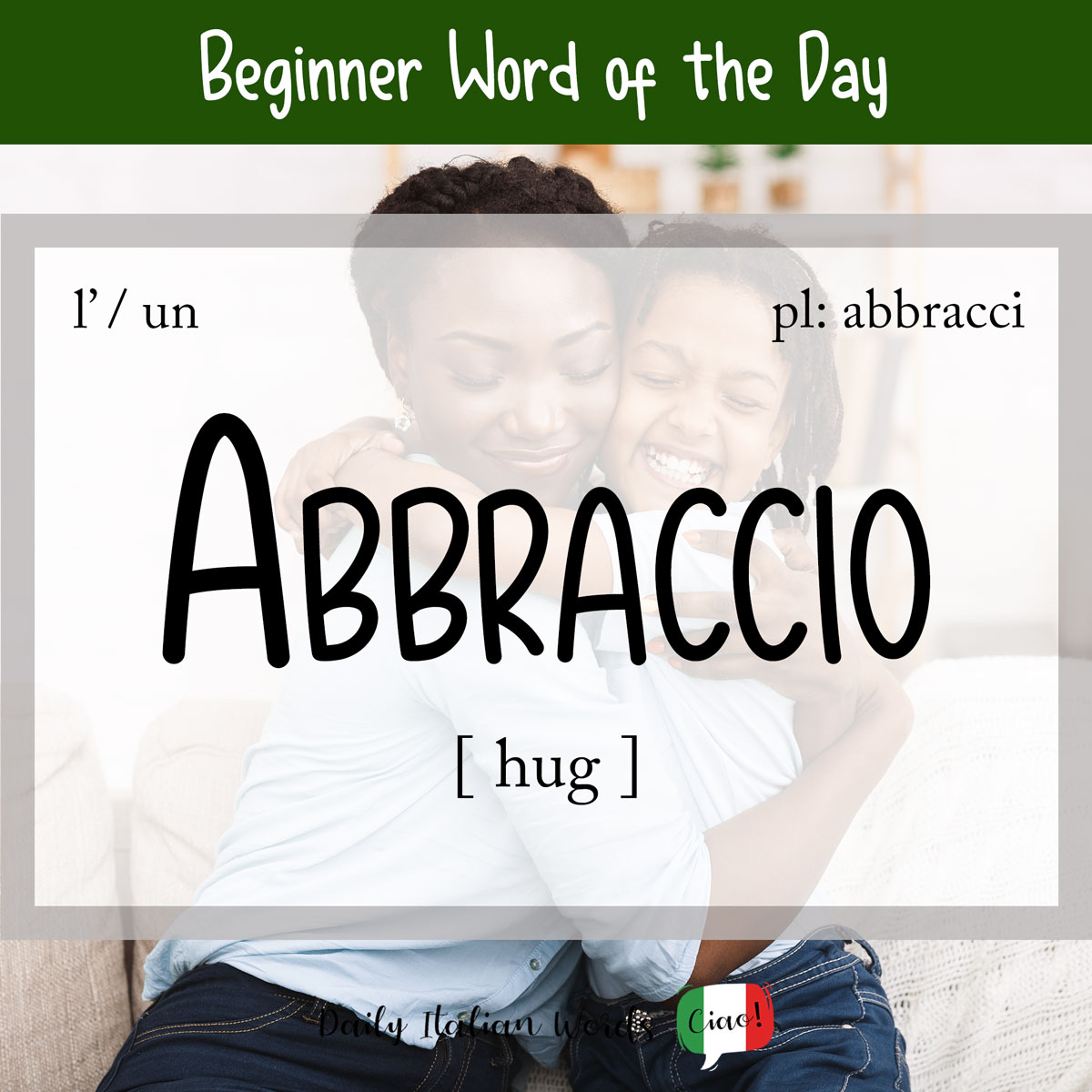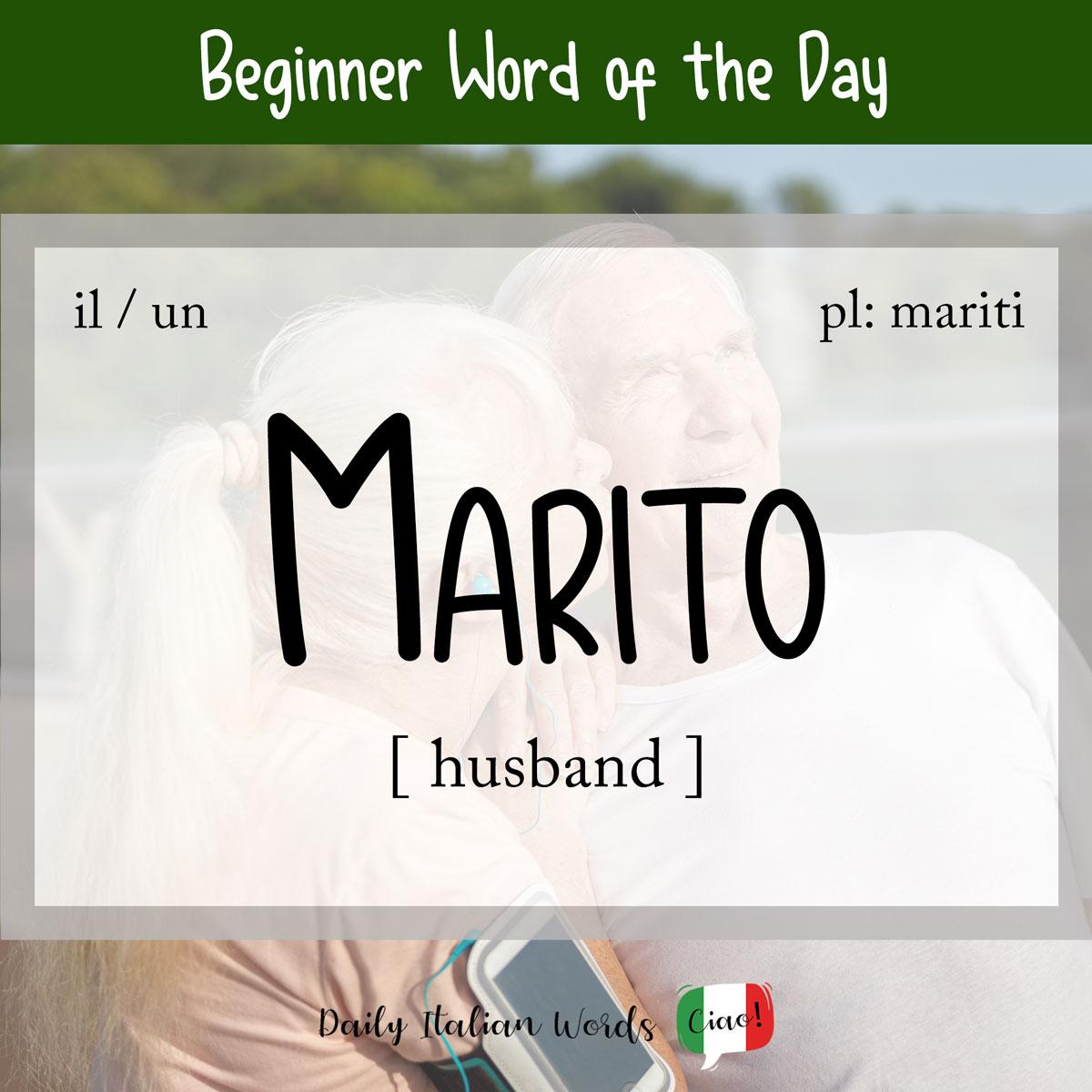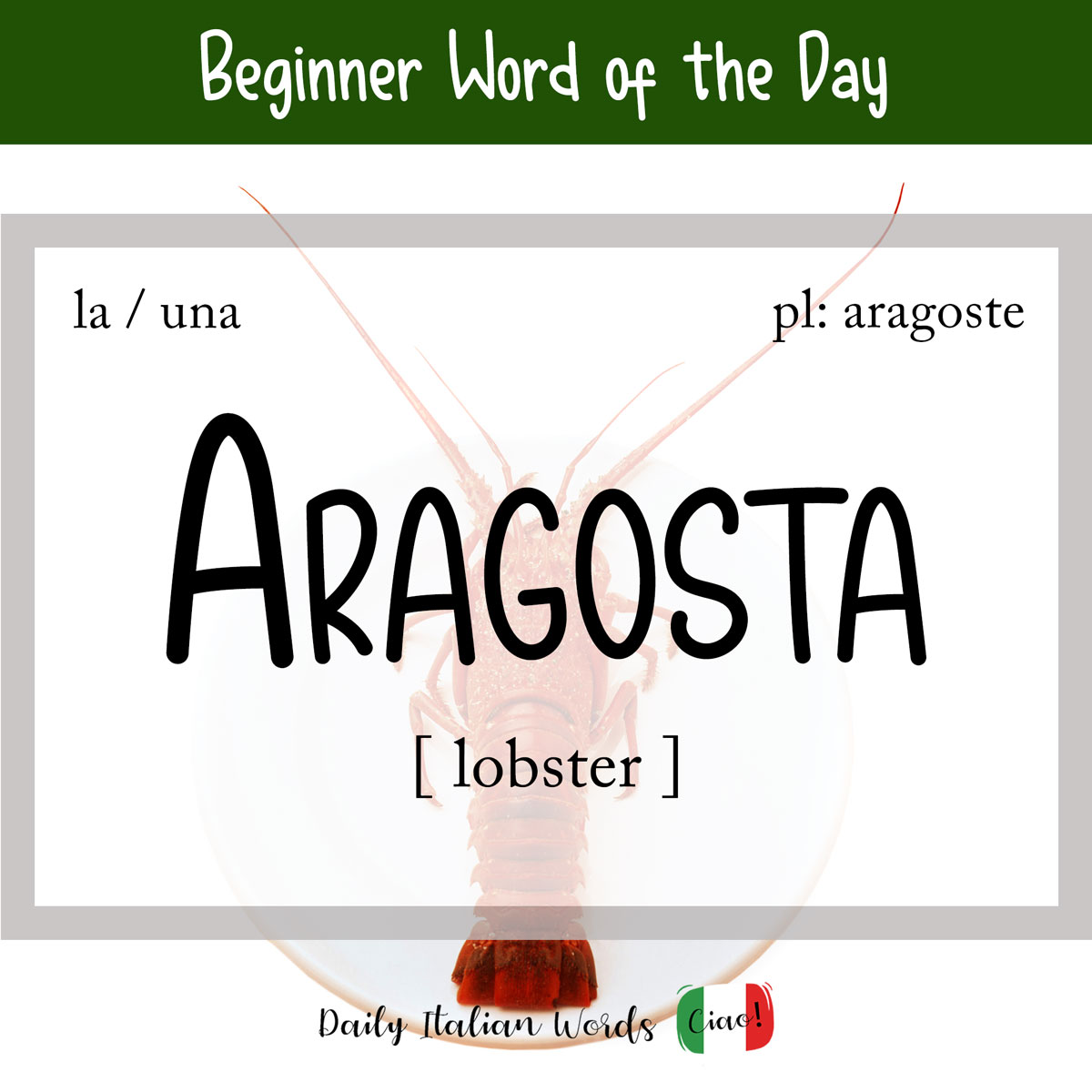Italian Word of the Day: Treno (train)
The word for train in Italian is, you guessed it, treno (masculine, plural: treni). It entered the language via the French word train, which in turn comes from the verb traîner meaning to drag. Some common verbs you will see used with treno include: Viaggiare in treno può essere veloce quanto prendere un aereo. Traveling …

